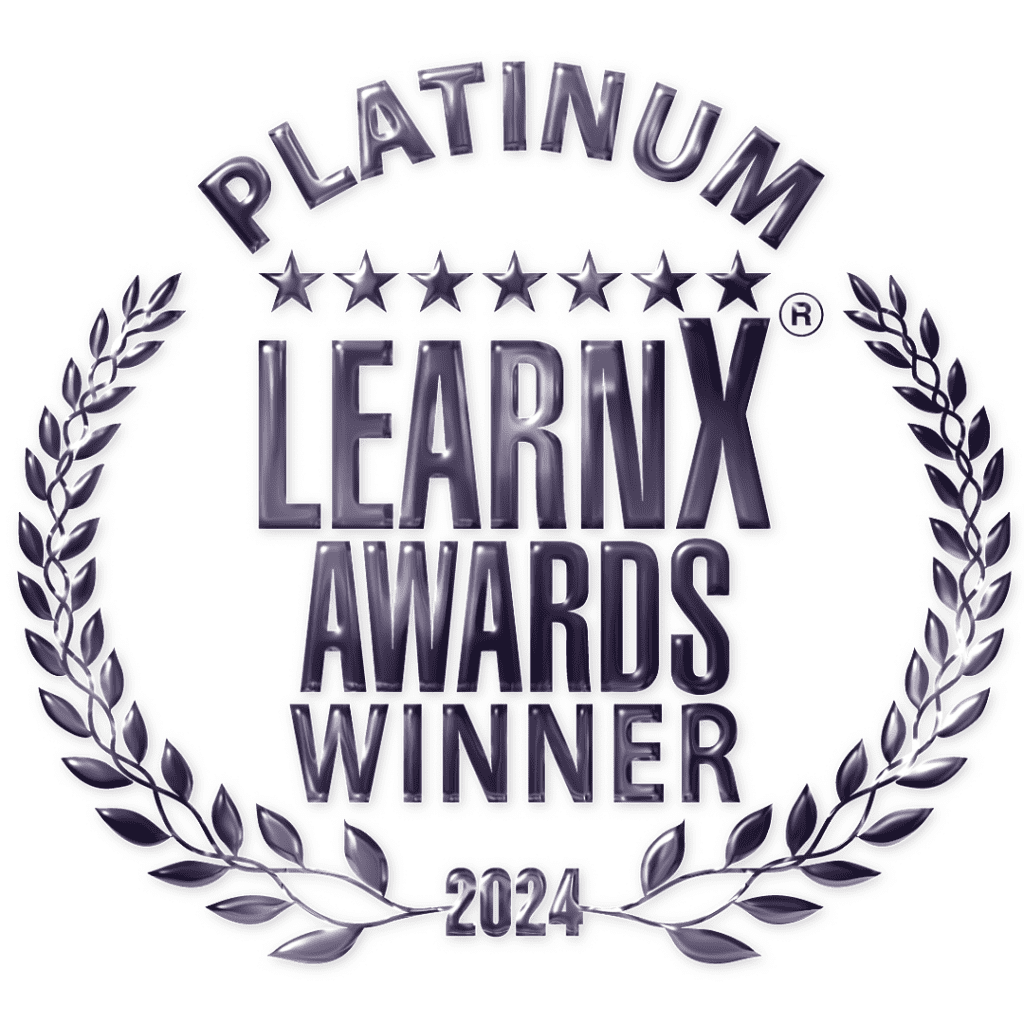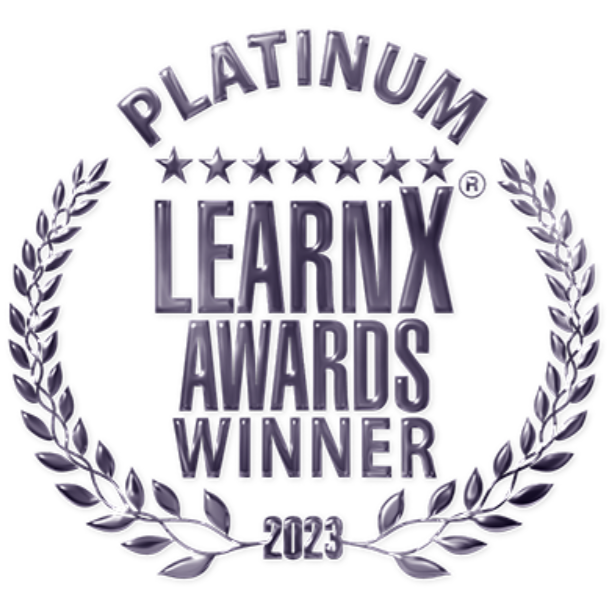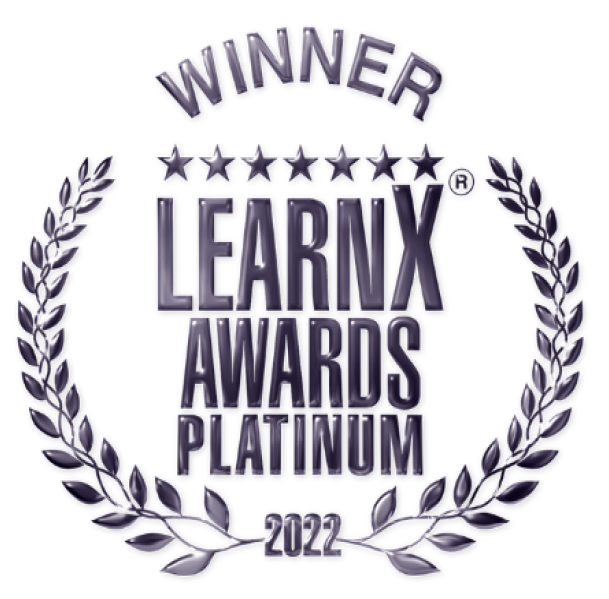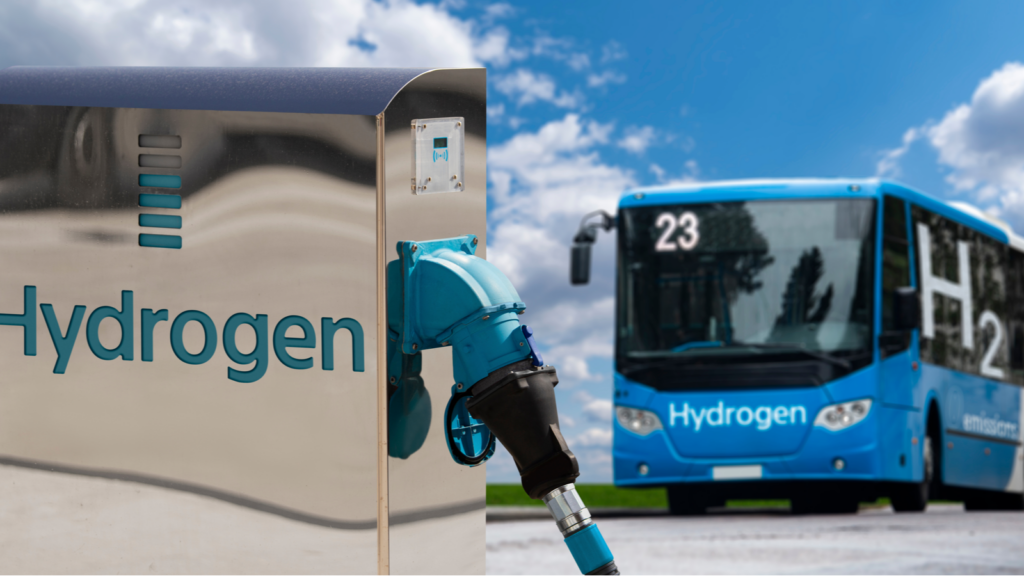Energy efficient mobility, alternative fuels and new sources of energy.
It involves smart grids, electrification (vehicles, infrastructure), innovative (re)generation of energy, alternative fuels and sources of energy (clean gas, hydrogen etc), circular economy, energy efficient driving, energy transition, etc.

Fundamentals of Public Transport: key components for success
This course explores the essentials of public transport, defining key concepts, evaluating success, improving services, and addressing funding and management. You will gain a comprehensive understanding of creating efficient, user-friendly public transport systems.
Frequently Asked Questions about Mobility and Energy
1. Do I need a degree to work in Mobility and Energy?
A degree can be helpful, but it’s not always a must. Many jobs in the field focus more on practical experience in areas like digital communication systems, urban planning, electric vehicles, or sustainable transport planning. These skills can sometimes help open doors even without academic qualifications.
2. What are common topics covered in Mobility and Energy courses?
Topics covered in these courses include the fundamentals of urban mobility and public transport. You’ll also dive into the electrification of urban transport systems and hydrogen technologies for sustainable urban mobility.
3. What skills or experience do I need to start a career in Mobility and Energy?
To get started, you’ll need a good grasp of smart grid infrastructure and digital communication systems. Knowing your way around urban transport planning and transport modes is also important. Experience in the circular economy, energy-efficient driving, EVs and charging, and hydrogen technologies can give you an extra edge.
4. What are some common career paths for someone learning about Mobility and Energy?
You can pursue roles in urban planning and development, with a focus on improving public transport systems and mobility solutions. There are also opportunities in the renewable energy sector, particularly in hydrogen technology and the electrification of transport. Other career paths include working as an EV infrastructure manager, smart grid specialist, or energy efficient consultant.
5. What are the benefits of taking an online course about Mobility and Energy?
An online course in Mobility and Energy offers flexibility and convenience, letting you learn at your own pace from anywhere. Plus, these courses are often updated, which means they provide current knowledge and practical skills that are directly useful in the industry and could lead to job opportunities.
6. Why is it important to learn about Mobility and Energy?
It’s essential to learn about Mobility and Energy because cities and urban areas increasingly rely on sustainable energy solutions to reduce their carbon footprint and improve efficiency. This knowledge equips you to build more sustainable and energy-efficient urban transport systems.
7. How long do courses about Mobility and Energy typically take to complete?
Course lengths vary, but most can be completed in a few days to a couple of weeks, depending on the material and your speed.
For detailed information on specific courses, visit these pages:
Explore courses on all categories
Our Awards





Newsletter
Stay in the loop with the latest updates! By signing up for our email newsletter, you’ll be the first to know about new courses and publications, updates, upcoming activities and exciting information tailored to your interests. Join us today and be part of our community.
By clicking “Subscribe” I give EIT Urban Mobility my consent for the use of my personal data for the purpose of sending me newsletters in accordance with EIT Urban Mobility’s Privacy Policy






